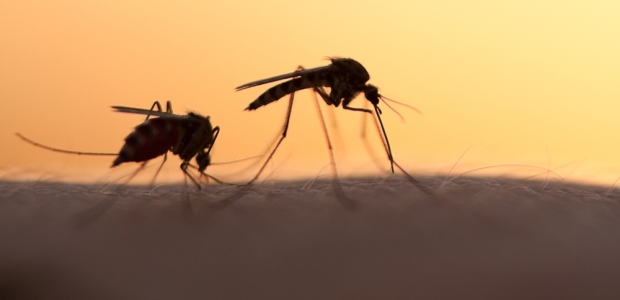
Investigational Malaria Vaccine Shows Promise: NIH
The data showed that the vaccine provided malaria protection for more than one year in 55 percent of people without prior malaria infection. In those individuals, the PfSPZ Vaccine appeared to confer sterile protection, meaning the individuals would be protected against disease and could not further transmit malaria.
An investigational malaria vaccine has been shown to protect healthy U.S. adults for more than a year, the National Institutes of Health reported in the May 9 issue of Nature Medicine. According to NIH, the PfSPZ Vaccine is the first to show durable, sterile protection in people with no prior infection.
The results are from a Phase 1 trial of the vaccine, which was developed and produced by Sanaria Inc., of Rockville, Md, with support from several Small Business Innovation Research awards from the National Institute of Allergy and Infectious Diseases, which is part of NIH. NIAID researchers and collaborators at the University of Maryland School of Medicine in Baltimore conducted the clinical evaluation of the vaccine.
"Malaria remains one of the most devastating diseases in the world, especially among young children in Africa," said Dr. Anthony S. Fauci, director of NIAID. "A malaria vaccine that provides long-term protection is urgently needed to reduce mortality and eliminate transmission. This study is an encouraging step forward in our goal to control and ultimately eradicate malaria."
The Phase 1 trial took place at the NIH Clinical Center in Bethesda, Md., and at the University of Maryland Medical Center; it enrolled 101 healthy adults aged 18-45 who had never had malaria. Of those volunteers, 59 received the PfSPZ Vaccine; 32 participants served as controls and were not vaccinated.
The study evaluated whether IV administration was necessary and more efficient based on the dose required, and study participants were exposed at varying times to the bites of mosquitoes carrying the same P. falciparum strain from which the vaccine was derived. The Walter Reed Army Institute of Research in Silver Spring, Md., carried out this controlled human malaria infection procedure, which is a standard process in early-phase malaria vaccine trials.
The data showed that the vaccine provided malaria protection for more than one year in 55 percent of people without prior malaria infection. In those individuals, the PfSPZ Vaccine appeared to confer sterile protection, meaning the individuals would be protected against disease and could not further transmit malaria. The vaccinations were also well tolerated among participants, and there were no serious adverse events attributed to vaccination. "It is now clear that administering the PfSPZ Vaccine intravenously confers long-term, sterile protection in a small number of participants, which has not been achieved with other current vaccine approaches," said Dr. Robert A. Seder, M.D., chief of the Cellular Immunology Section of NIAID's Vaccine Research Center and principal investigator of the trial. "Based on the favorable safety profile, we're testing higher doses in larger trials to see if even greater protection can be achieved long-term against other P. falciparum strains different than the vaccine strain."